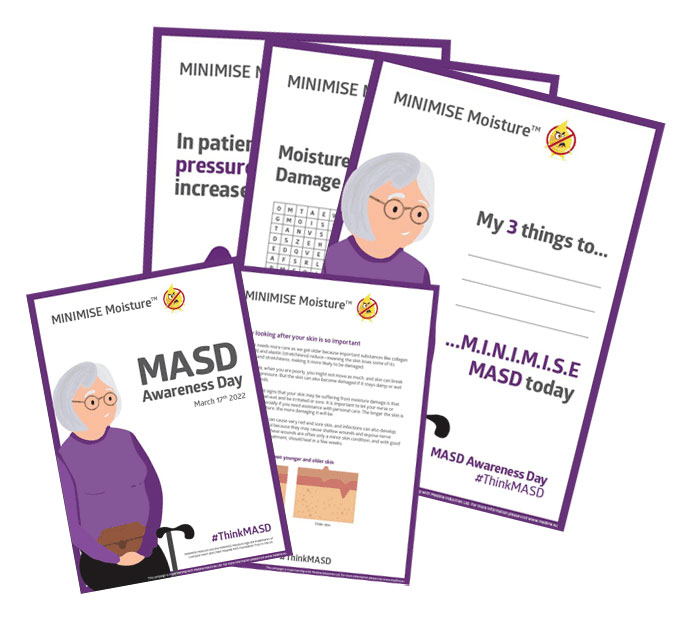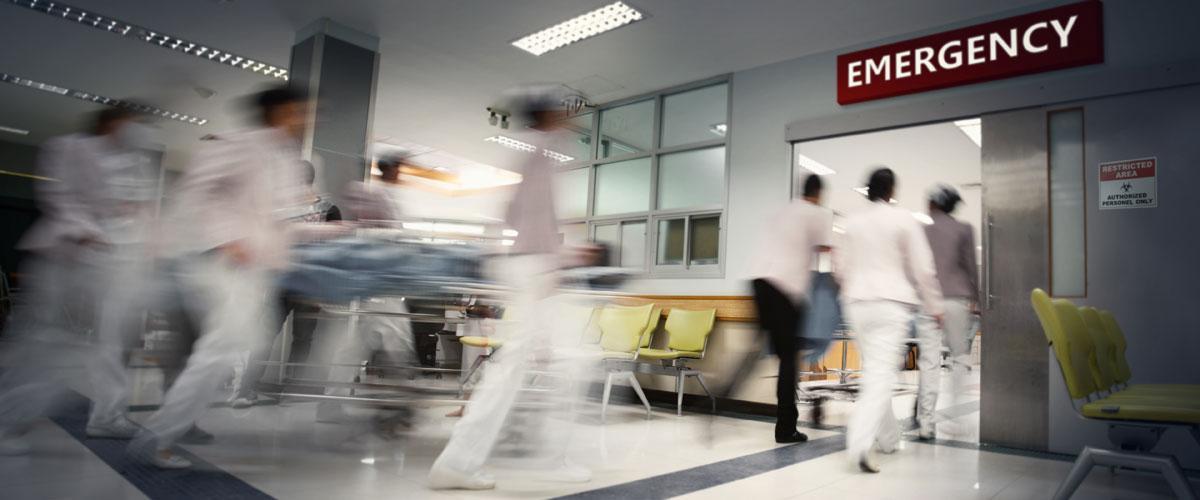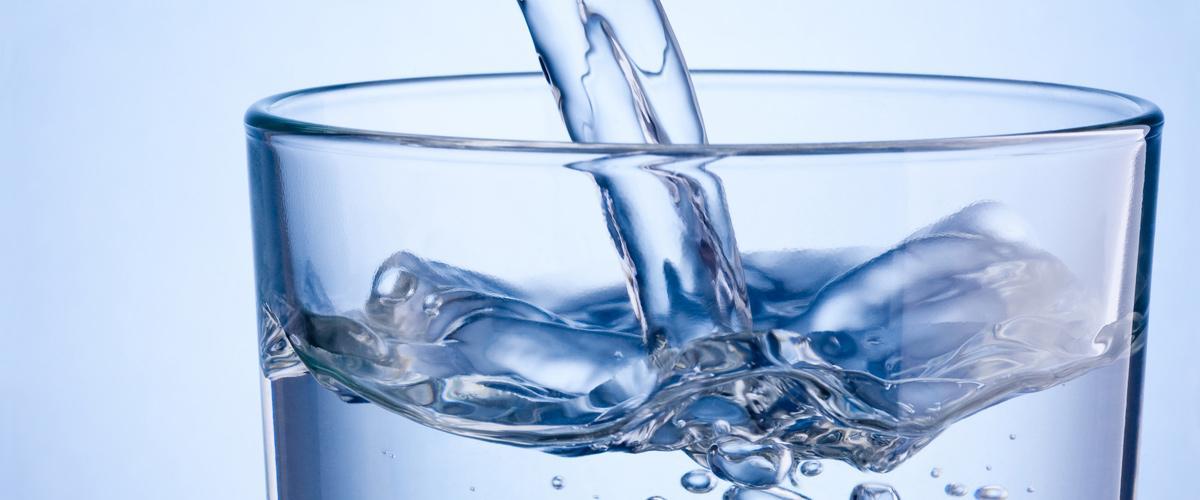The push to reduce pressure ulcers in all health and social care settings continues. Each year, on the third Thursday of November, the European Pressure Advisory Panel (EUPAP) refocuses on the topic through ‘Stop Pressure Ulcer Day’.¹ The international event invites all care providers to raise awareness of pressure ulcer prevention.
Many organisations in the UK promote 'Stop the Pressure' in some way by including staff and patients and hosting educational activities and awareness events to share information about pressure ulcers, their prevention and treatment. This may be in person, virtually or via social media. In addition, the EUPAP provides posters and promotional items to support the day.
However, there is another patient harm, which represents a significant problem and can have a damaging effect on a patient’s well-being and quality of life.2 Yet, so far, it has not received the same focus. That problem is moisture-associated skin damage (MASD).
Why do we need to focus more on MASD?
MASD describes a range of inflammatory damage that occurs in response to the prolonged exposure of a patient's skin to perspiration, urine, faeces or wound exudate. The harmful effects of excessive moisture can occur at any age and affect various groups of people—though it is often considered in relation to incontinence and old age.3
This kind of skin breakdown features skin that has become overhydrated and is thereby prone to maceration. It is, therefore, easier for irritants and microorganisms to penetrate the skin, damaging its protective function and making it more susceptible to mechanical forces, shear and friction.4
Where did the idea for MASD Awareness Day originate?
Working collaboratively, Medline and tissue viability nurses at the Liverpool Heart and Chest NHS Foundation Trust (LHCH) had initial discussions about introducing a health-centred event similar to ‘Stop the Pressure’, but with a focus on MASD prevention.
Both were passionate about MASD having its own focus, rather than it being an ‘add on’ topic to ‘Stop the Pressure’ or having no mention at all. From that first conversation, it seemed like a concept for further exploration. Still, it wasn’t yet known whether there would be any interest from other health and social care professionals.
However, after delivering a seminar on MASD at a Harm Free Care Network meeting, attendees were invited to join a small focus group to explore the idea further and allow insight into their views on the idea. In addition, it was an opportunity to find out what Medline and the LHCH could do to develop and support it—if it were to become a ‘day’. The Cheshire and Merseyside Pressure Ulcer Steering Group was also keen on being involved, with many member organisations showing support and an eagerness to participate on behalf of their own organisation.
Education and awareness to help reduce MASD
The LHCH had previously implemented a local MASD campaign called ‘MINIMISE Moisture™’, aimed at raising awareness. The ‘MINIMISE’ acronym emerged from a review of current literature and best practice relating to MASD prevention and management.5 A set of posters were developed, using the MINIMISE logo and content.
The ‘MINIMISE Moisture’ campaign made a significant contribution to a threefold reduction in cases of MASD. A staff survey highlighted that:
90%
of staff felt the campaign had raised their awareness of MASD
96%
felt better able to identify patients at risk of MASD
91%
felt better equipped to provide high-quality care as a result
My 3 things to MINIMISE MASD
’My 3 things to MINIMISE MASD’ is one of a suite of posters, which will be available to download for organisations to use on #ThinkMASD Day.
Staff will be encouraged to identify three things they pledge to do to try to prevent MASD in their patient groups.
Here are three things given as an example:
- Identify high-risk patients early.
- Implement a prevention plan.
- Use the right product at the earliest opportunity.
It is hoped that local campaigns can be aligned to create the first MASD Awareness Day in the UK and Ireland on 17 March 2022.
#ThinkMASD—the first awareness day dedicated to MASD
#MINIMISEMoisture
#MASDAwarenessWeek




Julie Tyrer
Tissue Viability Nurse Consultant
Julie has worked as a Tissue Viability Nurse Consultant for the last 3 years. Prior to this she was a Tissue Viability Nurse (TVN), working as an advanced, autonomous practitioner, managing complex patients with tissue viability-related issues and providing expert knowledge. For the last 10 years, she has worked in the acute sector and in the 7 years before, as a community TVN. This has enabled Julie to experience different environments, care settings and associated challenges as it relates to tissue viability.
Julie completed a Bachelor of Science in Healthcare Practice with Specialist Practitioner Qualification in Tissue Viability and a Master of Science in Professional Clinical Practice. She continuously works to ensure improvements in patient care and consistent high-quality care. Julie has written and published several articles relating to pressure and moisture-associated skin damage, and skin under personal protective equipment (PPE).
For further information, please contact her via [email protected] or @TV_LHCH.
References:
1. STOP Pressure Ulcer Day - 18 November 2021 - EPUAP.
2. Fletcher J, Beeckman D, Boyles A et al (2020). International Best Practice Recommendations: Prevention and management of moisture-associated skin damage (MASD). Wounds International. Available online at www.woundsinternational.com
3. Voegeli, D., 2019. Prevention and management of moisture-associated skin damage. Nursing Standard, 34(2).
4. Parnham, A., Copson, D. and Loban, T., 2020. Moisture-associated skin damage: causes and an overview of assessment, classification and management. British Journal of Nursing, 29(12), pp.S30-S37.
5. Tyrer, 2018, MINIMISE Moisture local quality improvement initiative, Liverpool Heart and Chest Hospital NHS Foundation Trust, Wounds UK | Vol 17 | No 1 | 2021.








